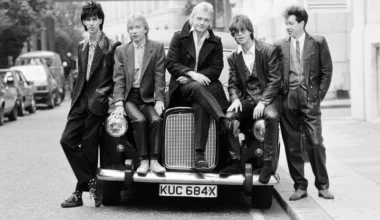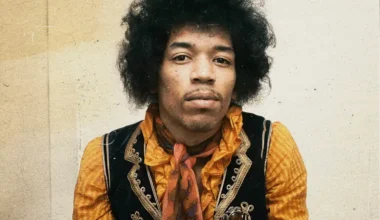In the 1950s, Little Richard’s rhythmic fingers and Elvis Presley’s trembling knees gave rise to rock ‘n’ roll. Punk, as a simple musical movement, was born out of a technological and countercultural revolution. This coincided with the genre’s highly marketable creation, which combined centuries of musical evolution. Bands like The Beatles and The Beach Boys engaged in an arms race for prominence throughout the 1960s.
With progressive albums like Revolver and Pet Sounds, The Beach Boys and The Beatles traded blows, and rock music started to veer closer to the prog-rock explosion. To put it plainly, prog-rock was a genre wave that frequently aimed for esotericism through complexity. Even highly regarded supporters, such as Pink Floyd and Genesis, turned off some listeners with their convoluted compositions that lasted more than twenty minutes.
Proponents of the punchy simplicity sought by the proto-punk and later punk waves protested against the prog-rock wave. They found the latter’s remarkable musical output excessive and overly complex. In addition to being pioneers of punk and metal, Led Zeppelin blazed an interesting trail in the 1970s as prog-rockers. Although John Lydon and the members of Yes may have been very different from one another, Robert Plant was very open to punk. He even thought that Led Zeppelin had passed the torch to the genre’s pioneers.
In a 2018 interview with Q, Plant talked about Led Zeppelin’s dual roles as prog-rock conundrum solvers and heavy rock innovators. He pointed out that Led Zeppelin’s recordings of “Ozone Baby” and “Wearing and Tearing“. These recordings were included on the 1982 compilation album Coda. They demonstrated their ability to perform punk in addition to their intricate material from the late 1970s.
“We were occupied with crafting eight-minute epics about traversing the Atlas mountains,” Plant pondered, considering Led Zeppelin’s preference for intricacy. He believed that the band had forgotten their core rock ‘n’ roll values in the middle of their competitive development. Plant claimed they had “forgotten all about The Phantom singing ‘Love Me‘ for the better part of a minute and forty-three seconds on Dot Records in 1959.” According to legend, this iconic song contained the key that would ultimately unlock punk rock.
Plant believed that when punk rock gained popularity in the UK, Led Zeppelin “were over.” Robert Plant was grateful for the punk wave and especially loved The Damned, despite his prog-rock leanings. Jimmy and I went to see The Damned at a few punk clubs. At the time, Nick Lowe produced that album [Damned Damned Damned] with songs like “Fan Club” and “New Rose,” and it was simply incredible.
The frontman of Led Zeppelin expounded on the appeal of the punk band. “It was both substantive and melodious,” he beamingly said. There was a lot of drive in it. That was the place where things had to go. I know that Yes’s “Close to the Edge” could be tough for a seventeen-year-old in a bedroom, or even a seventy-seven-year-old, to handle, but The Damned “Fan Club” was simply incredible.








